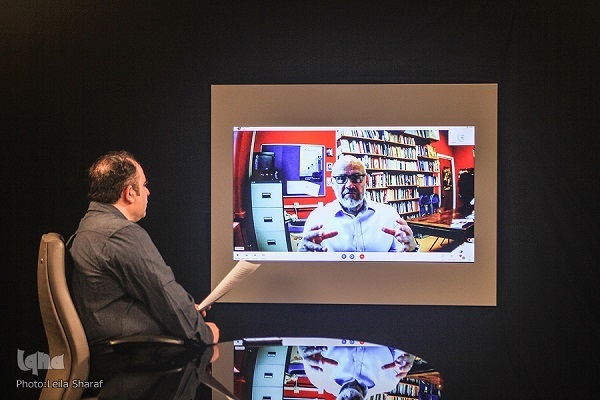Expert Points to ‘Political Dimension’ of French Abaya Ban

Speaking to IQNA, Professor Paul Smith of the University of Nottingham noted that the administration of Emmanuel Macron was seeking to “steal political ground from the French right.”
“The French right at the moment is being squeezed between Macron on one side and the far right of Marine Le Pen on the other,” added the expert on French history and politics.
French Education Minister Gabriel Attal announced the decision to ban children in state-run schools from wearing the abaya, the loose-fitting, full-length robe worn by some Muslim women. The ban has sparked criticism in France and elsewhere.
France has enforced a ban on religious symbols in state schools since 2004 to uphold its strict brand of secularism, known as “laicite”. The topic is a sensitive one, regularly triggering political tension in the country.
In 2004, France banned headscarves in schools and passed a ban on full-face veils in public in 2010, angering some members of its more than five million-strong Muslim community and triggering the creation of private Muslim schools.
Smith believes that Attal tries to “present himself as a fairly strict figure reclaiming the idea of the secular republic.”
“The problem is the young French Muslim girls in particular find themselves in the middle of that political argument,” he regretted.
Interview by Mohammad Hassan Goodarzi
Paul Smith, an Associate Professor in French History and Politics at the University of Nottingham, specializes in 19th and 20th-century French politics, political institutions, and political culture. He studied history at the School of Slavonic and East European Studies and at Oxford, where he completed his D.Phil thesis on the French women's movement between the two world wars. He has published several books and articles on the French Senate, feminism in France, and the making of memory. He works at the Department of French and Francophone Studies at Nottingham and has been a visiting professor at the University of Limoges. He also writes a French politics blog, appears on international news channels, and writes for The Conversation.
The views and opinions expressed in this interview are solely those of the interviewee and do not necessarily reflect the view of the International Quran News Agency.



